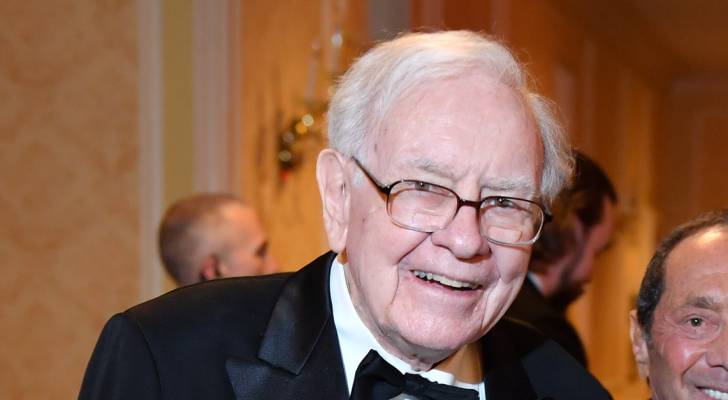The Great Wealth Transfer currently underway isn’t a solution for wealth inequality.
Instead, it’s likely to fuel a rising “dynasty” of young people with too much money and too little motivation to work, according to NYU professor Scott Galloway.
Don’t miss
- I’m 49 years old and have nothing saved for retirement — what should I do? Don’t panic. Here are 5 of the easiest ways you can catch up (and fast)
- Gain potential quarterly income through this $1B private real estate fund — even if you’re not a millionaire. Here’s how to get started with as little as $10
- Car insurance premiums could spike 8% by the end of 2025 — thanks to tariffs on car imports and auto parts from Canada and Mexico. But here’s how 2 minutes can save you hundreds of dollars right now
“When you go to nice hotels, there are people in their 50s and 60s and you can tell it’s probably their money — and then there’s a whole raft of a younger generation with their parents’ credit cards,” says the entrepreneur and investor on a recent episode of his Prof G podcast. “What you have with dynastic wealth is you’re taking capital that should go back into the ecosystem and just creating these dynasties of unproductive, rich people.”
There are growing signs that the wealth gap could worsen as the transfer of assets from baby boomers to their children and grandchildren gains momentum.
However, Galloway believes there is some “good news” for younger Americans from modest-income families and a potential solution to the problem.
The good news
Baby boomers in America are expected to pass on between $70 trillion and $90 trillion in assets to their offspring, according to Cerulli Associates.
“The average age of the world’s billionaires is almost 69 right now. So this whole transition or wealth handover will start to accelerate,” said John Mathews, head of UBS’ Private Wealth Management division, in an interview with CNBC.
However, this massive wealth transfer isn’t distributed evenly across younger generations. A 2023 study published in the American Journal of Sociology found that the average 35-year-old millennial holds less wealth than the average boomer at the same age, but the top 10% of wealthiest millennials have 20% more wealth than the top 10% of boomers.
In other words, a growing intergenerational wealth divide emerging, and it’s likely to accelerate in the coming years.
However, Galloway says his time teaching at an Ivy League university has given him reason to be hopeful: “I know a lot of rich kids and I know a lot of kids who are not rich — and the levels of happiness are not greater among the rich kids.”
To him, that’s “good news” for young people trying to build wealth independently and find fulfilling careers. It’s also a wake-up call for policymakers looking to tackle the growing wealth gap.
Read more: Want an extra $1,300,000 when you retire? Dave Ramsey says this 7-step plan ‘works every single time’ to kill debt, get rich in America — and that ‘anyone’ can do it
The $10 million solution
Galloway’s proposed fix for the widening wealth gap is what he calls “an exceptional inheritance tax.”
“Inheriting more than say $10 million bucks doesn’t increase the happiness of your kids,” he says, suggesting that lawmakers implement a significant inheritance tax above that threshold.
His recommendation isn’t far off from the current tax structure. For the 2025 tax year, estates worth more than $13.99 million are subject to a federal estate tax, according to the Internal Revenue Service (IRS).
The tax rate ranges from 18% to 40%, depending on the estate’s size, according to SmartAsset. Beneficiaries may also face additional estate and inheritance taxes on the state level, depending on where they live.
Still, there may be room to raise those rates. Japan currently has the highest inheritance tax in the developed world at 55%, followed by South Korea at 50%, according to PwC.
What to read next
- Thanks to Jeff Bezos, you can now become a landlord for as little as $100 — and no, you don’t have to deal with tenants or fix freezers. Here’s how
- Here are 5 ‘must have’ items that Americans (almost) always overpay for — and very quickly regret. How many are hurting you?
- Trump warns his tariffs will spark a ‘disturbance’ in America — use this 1 dead-simple move to help shockproof your retirement plans ASAP
This article provides information only and should not be construed as advice. It is provided without warranty of any kind.


